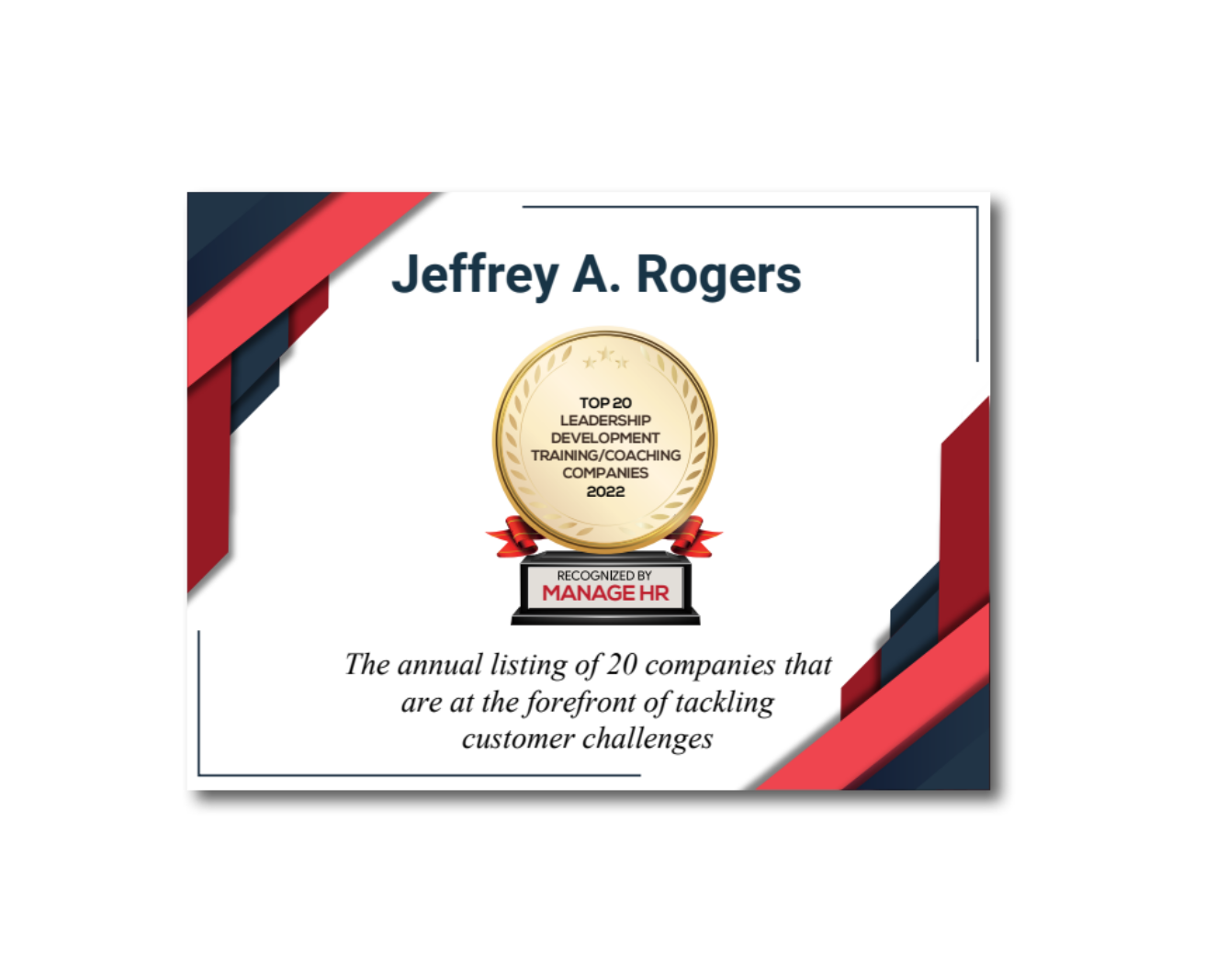Enable Success (and Succession) for Your Family Business By Developing a Strategic Vision
Formulating a strategic vision for your family business involves creating a vivid depiction of your envisioned future. In essence, having a vision means possessing the capability to contemplate, visualize, and strategize for the future you aspire to reach.
A life vision, on the other hand, is akin to a vivid portrait of the ideal life you wish to experience, not just occasionally, but each and every day.










